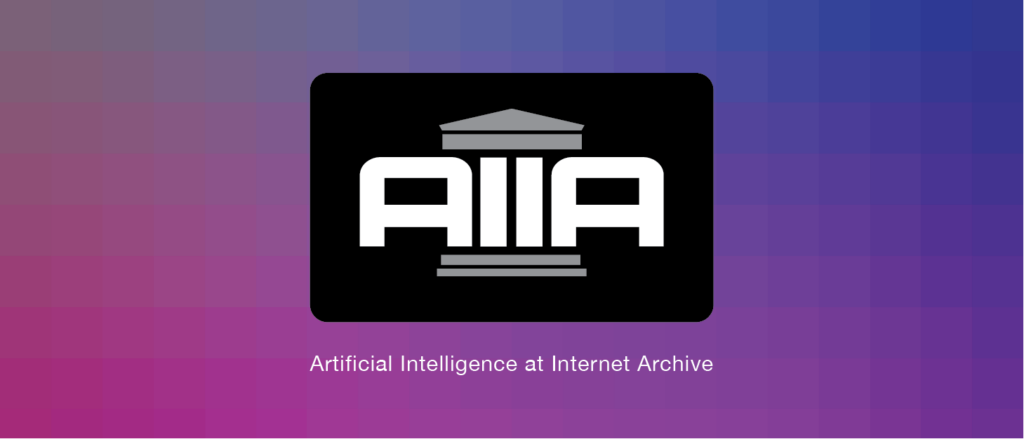
Chatbots, like OpenIA’s ChatGPT, Google’s Bard and others, have a hallucination problem (their term, not ours). It can make something up and state it authoritatively. It is a real problem. But there can be an old-fashioned answer, as a parent might say: “Look it up!”
Imagine for a moment the Internet Archive, working with responsible AI companies and research projects, could automate “Looking it Up” in a vast library to make those services more dependable, reliable, and trustworthy. How?
The Internet Archive and AI companies could offer an anti-hallucination service ‘add-on’ to the chatbots that could cite supporting evidence and counter claims to chatbot assertions by leveraging the library collections at the Internet Archive (most of which were published before generative AI).
By citing evidence for and against assertions based on papers, books, newspapers, magazines, books, TV, radio, government documents, we can build a stronger, more reliable knowledge infrastructure for a generation that turns to their screens for answers. Although many of these generative AI companies are already, or are intending, to link their models to the internet, what the Internet Archive can uniquely offer is our vast collection of “historical internet” content. We have been archiving the web for 27 years, which means we have decades of human-generated knowledge. This might become invaluable in an age when we might see a drastic increase in AI-generated content. So an Internet Archive add-on is not just a matter of leveraging knowledge available on the internet, but also knowledge available on the history of the internet.
Is this possible? We think yes because we are already doing something like this for Wikipedia by hand and with special-purpose robots like Internet Archive Bot Wikipedia communities, and these bots, have fixed over 17 million broken links, and have linked one million assertions to specific pages in over 250,000 books. With the help of the AI companies, we believe we can make this an automated process that could respond to the customized essays their services produce. Much of the same technologies used for the chatbots can be used to mine assertions in the literature and find when, and in what context, those assertions were made.
The result would be a more dependable World Wide Web, one where disinformation and propaganda are easier to challenge, and therefore weaken.
Yes, there are 4 major publishers suing to destroy a significant part of the Internet Archive’s book corpus, but we are appealing this ruling. We believe that one role of a research library like the Internet Archive, is to own collections that can be used in new ways by researchers and the general public to understand their world.
What is required? Common purpose, partners, and money. We see a role for a Public AI Research laboratory that can mine vast collections without rights issues arising. While the collections are significant already, we see collecting, digitizing, and making available the publications of the democracies around the world to expand the corpus greatly.
We see roles for scientists, researchers, humanists, ethicists, engineers, governments, and philanthropists, working together to build a better Internet.
If you would like to be involved, please contact Mark Graham at mark@archive.org.
I do not like the internet archive supports what in the end will destroy all we know, all art, all fiction, all meaning to life. I am against chatbots, AI development etc.
Wasn’t there an article just a little while ago about GPT-4 writing a convincing (but totally fake) research paper, complete with real, plausible citations that don’t actually support the paper’s claims?
That’s already a problem the Internet’s suffering with misinformation, but this might seem more authoritative than it really should be.
no comment